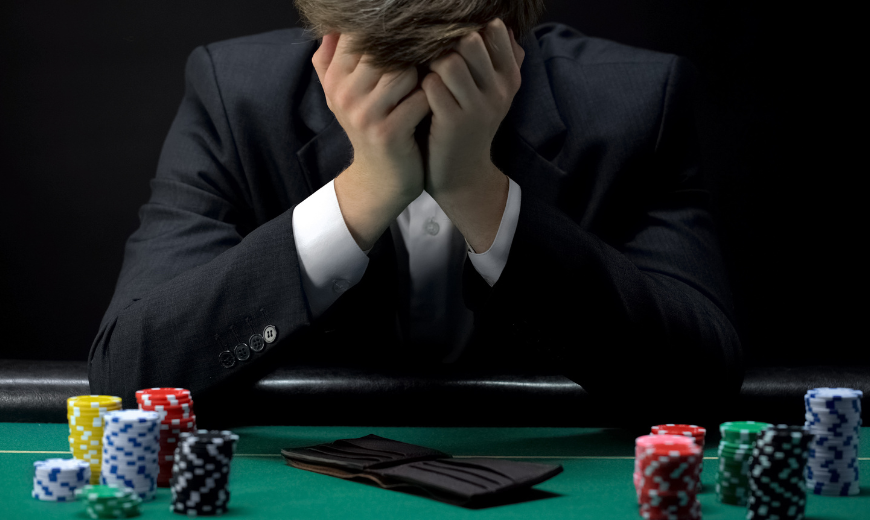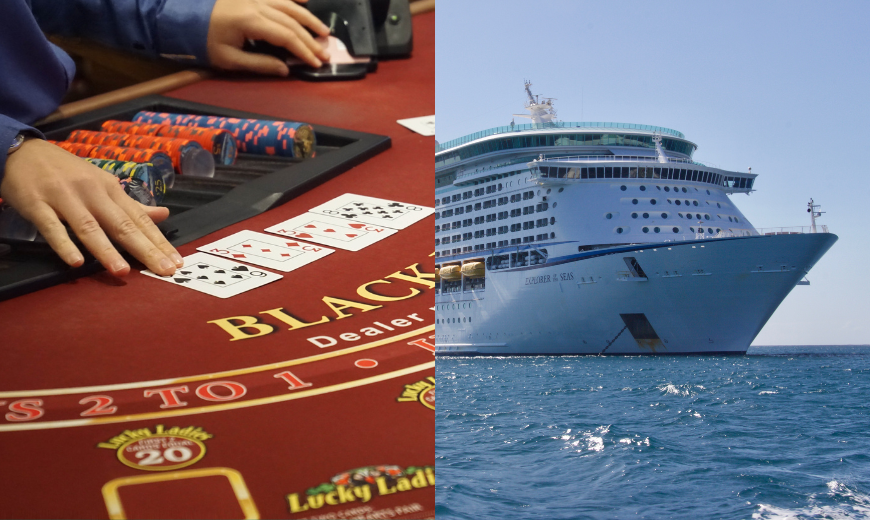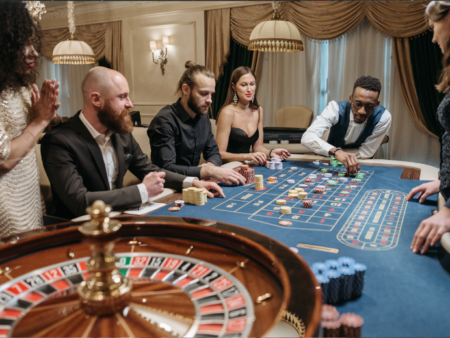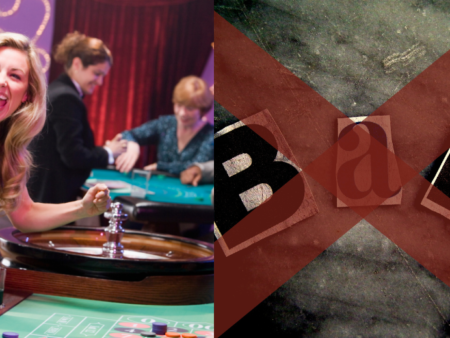
A sad event on a P&O cruise ship provoked anger and grew concern about gambling habits on the ocean. Shane Dixon, who was 50 and a dad to three kids, ended his life by jumping into the sea, just ten nautical miles from Sydney Harbor on May 6. The Daily Mail Australia on Monday broke the news of Dixon’s drastic step stemmed from the huge gambling losses he faced during the three-night journey.
Scott, Dixon’s heartbroken sibling, points the finger at the cruise company for his brother’s untimely passing. “They use this glitzy advertisement to keep people playing nonstop,” said Scott. “It feels unfair. Local bars have limits on drinks. Why shouldn’t casinos have the same rule?”
The incident raises concerns about the possibility of exploitation in international waters. Here, rules about safe gambling aren’t as tough as those on land-based casinos.
A Family Trip Turns Tragic
Reports reveal Shane Dixon was coping with personal losses, like the death of his dad and brother. His mom, Sue Dixon, thought a P&O cruise would help him relax and bond. But the trip took a dark turn. On the Pacific Adventure, Dixon supposedly lost big at the ship’s casino – AUS 5,000 (US$3,345) just on the first night. His mom, oblivious to the debt, offered to pay it off. Sadly, Dixon went back to the games and lost an extra AUS 4,000, keeping this a secret from his mom. Soon after, he tragically ended his life.

Passengers Question Seemingly Harmful Methods
A few travelers who’ve experienced P&O’s casino services have spoken up. They suggest that the cruise ship’s methods might worsen gambling issues. Here’s what they noted:
- Giving more credit to players who are losing.
- Free alcohol is served, which might cloud people’s logic.
- They fail to step in when customers show signs of too much gambling.
One person who wished to remain unnamed and was a VIP at the P&O casino labeled the ship’s casinos as “hunters.”
Carol Bennett Calls for Stricter Rules
The Alliance for Gambling Reform’s CEO, Carol Bennett, stresses the pressing demands for stricter controls on cruise ship casinos, especially in global waters. “It’s unsettling that cruise companies can run with limited supervision once they are off domestic waters,” said Bennett. “Cruise businesses have a responsibility to their guests. This implies they should not overload them with motives that push them to gamble excessively.”
An Australian Perspective of Gambling Problems
Australia ranks among the world’s top nations with the highest rates of problem gambling in the world. Around 75% of Australians admit to gambling yearly, with almost half partaking weekly. Specialists believe over 40% of gamblers in Australia could potentially develop a gambling disorder.
The sad happenings on the Pacific Adventure underscore the necessity to tackle gambling addiction with an all-rounded method. We need stri cter rules in cruise ship casinos, increase public awareness of problem gambling risks, and ensure help is within reach for those battling addiction.
Could this be a wake-up call for cruise companies and lawmakers to prioritize the well-being of travelers over casino earnings?



















